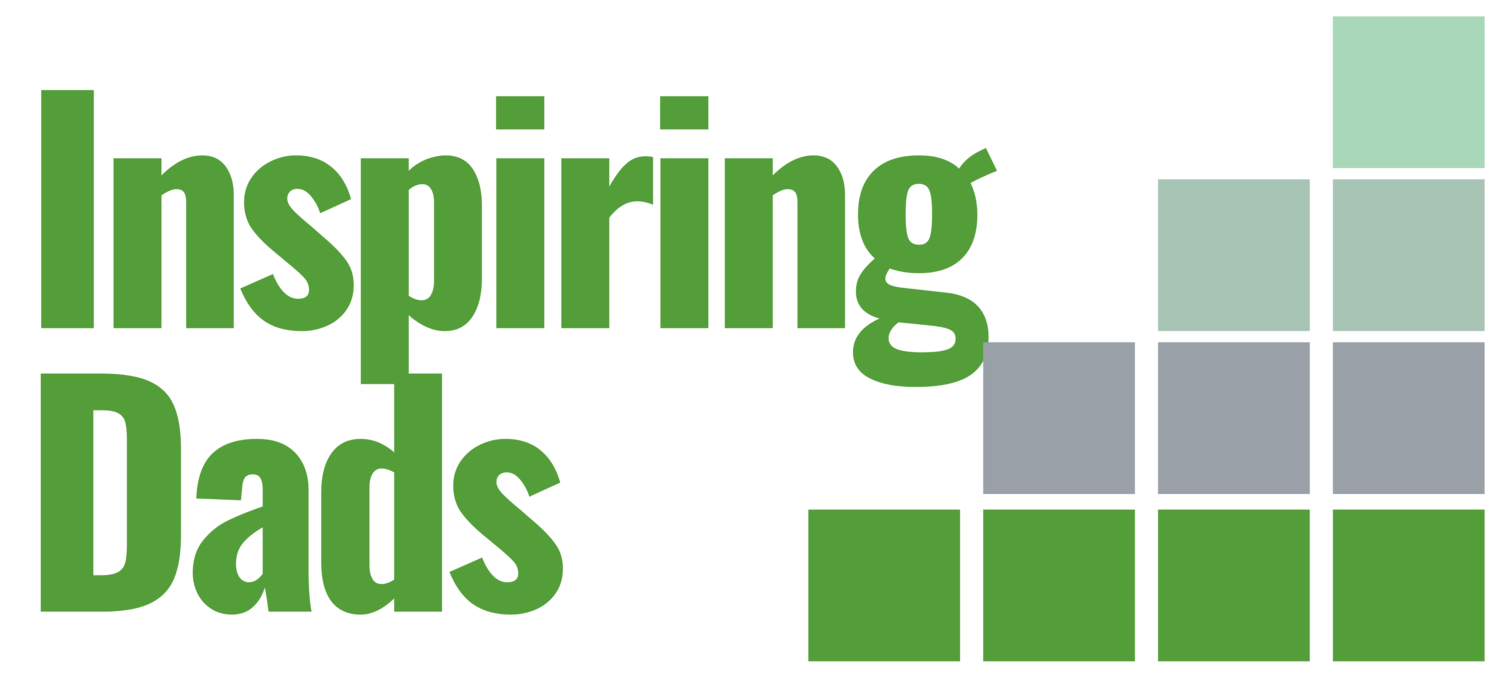Why you’re having a problem convincing senior leadership that dads need support
Often senior managers don’t have the same point of reference…
I was chatting with our next-door neighbour Ted..
Ted - "Have you seen that the new build has been sold?"
Me - "Err... Ted, what do you mean by the 'new build'?”
Ted - "You know… the new build, 4 doors down from us..."
mentally I cross off 4 houses...
Me - "I didn't, no, but why's it called the new build?"
Ted - "didn't you know, it got destroyed in the war and rebuilt."
Me - “ah ha…”
The 'new build' has stood for more than 60 years... Ted wasn’t even born when the bomb fell on the road that we all now live on and yet in the collective consciousness it’s the “new build.”
Talking to Ted reminded me of one of the challenges facing gender diversity in the workplace:
People often, simply, don't have the same points of reference.
If your senior management began their careers at a time when Dads went to work and Mums stayed at home, they won't necessarily understand that attitudes and expectations of a new generation has changed. Expectations of what it meant to be good dad were simple and dare I say, limited.
Statutory paternity leave history in the UK began in 2003 with the 2002 Employment Act. The very same statutory provision that is rightly criticised for costing a man on average earnings over £1000 to take is a relatively modern invention, and fully paid, equal, parental leave is even more recent, driven by the 2015 legislation around Shared Parental Leave.
Is it any wonder that not everyone gets it?
A new generation of men want to be able to take well paid, extended, parental leave, and then work flexibly in order be there for their children, in a way they don't remember from their own childhoods.
Dare I say it... to 'have it all'
It's good for their mental health, good for their children's connections and outcomes and allows them to support and enable their partner's career ambitions.
Helping senior leadership understand this change is crucial to supporting gender equality. Embracing active fatherhood in the workplace can be a game changer for equality. Soon it won't be a new thing.
Building new foundations and thought processes are crucial to driving gender equality at work and at home.
Take our quiz and discover how you company rates for supporting new parents at work
Ian Dinwiddy, Founder
Recent content
Blog Categories
Archive
- January 2026
- November 2025
- June 2025
- March 2025
- October 2024
- April 2024
- March 2024
- January 2024
- September 2023
- April 2023
- December 2022
- June 2022
- January 2022
- September 2021
- August 2021
- July 2021
- June 2021
- April 2021
- March 2021
- February 2021
- January 2021
- December 2020
- November 2020
- October 2020
- September 2020
- August 2020
- July 2020
- June 2020
- May 2020
- April 2020
- March 2020
- February 2020
- December 2019
- November 2019
- October 2019
- July 2019
- June 2019
- April 2019
- March 2019
- February 2019
- January 2019
- December 2018
- November 2018
- October 2018
- September 2018
- August 2018
- July 2018
- March 2018
- June 2017


